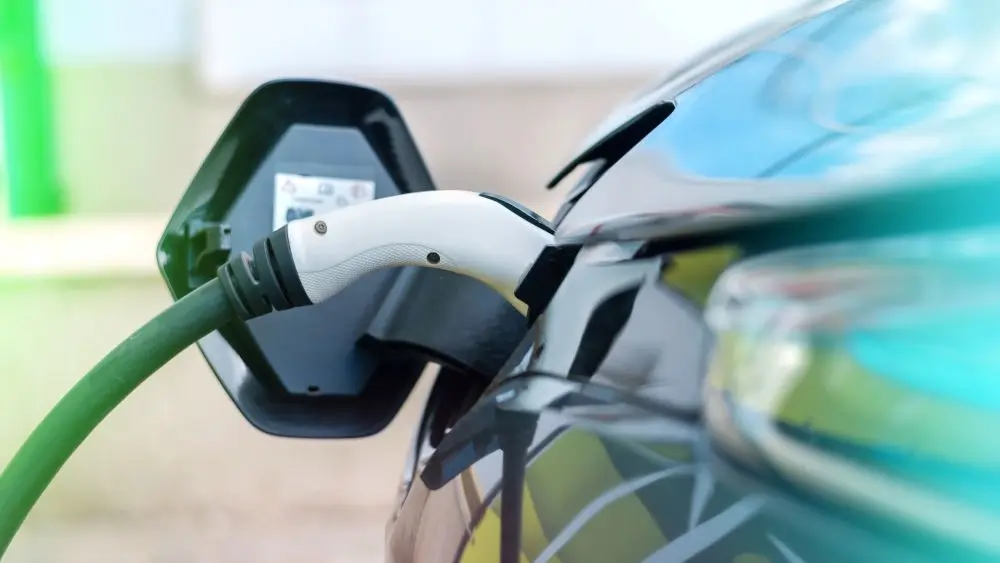
The price gap between electric cars and cars with combustion engines has narrowed further: it fell to €2,243 in August, according to an analysis published on Monday by the Center Automotive Research (CAR) in Bochum. “This is the smallest price gap we have ever measured,” explained CAR Director Ferdinand Dudenhöffer. Even during the environmental bonus period, the surcharge for electric cars was higher.
The CAR analysis looks at the transaction prices, i.e., the list price minus any discounts, of the 20 best-selling combustion engine and electric models. According to the analysis, the average price of these electric cars in August was €35,353, while the average price of combustion engine cars was €33,110. Within a year, the price difference has steadily decreased, with a few exceptions: from €7,717 in August 2024 to €2,243 now, a decline of 71 percent.
According to Dudenhöffer, market leader VW and its subsidiaries Skoda and Cupra are playing a decisive role in making electric cars more attractive. The same applies to BMW, although the Munich-based manufacturer is increasing the appeal of its electric cars with high discounts. The US manufacturer Tesla, owned by billionaire Elon Musk, has become “completely insignificant” – Dudenhöffer blamed this on “poor pricing” and a “limited range”. Chinese models are “barely noticeable in the car market”.
German carmakers are increasingly pursuing a strategy of making electric cars more attractive to customers, according to the expert. “The strange prejudice that German carmakers have missed the boat on electric mobility has long since become detached from reality.” Government subsidies for electric cars “should really no longer be demanded.”